World Space Week 2024 – School celebration ideas

Explore the galaxy from the comfort of your classroom with these simple ideas for making this topic come alive…

- by Teachwire
- Classroom expertise and free resources for teachers
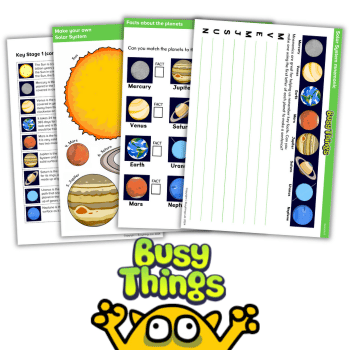
Everyone loves the subject of space, but the very fact that it is so cross-curricular can mean you unintentionally limit its breadth, or create yourself a whole lot of additional work finding appropriate resources. Achieve a good balance with the following ideas for World Space Week.
(And if you need an intergalactic playlist to accompany your World Space Week activities, we’ve got you covered!)
What is World Space Week?
World Space Week is an international celebration of science and technology, and their contribution to the betterment of the human condition.
The theme for 2024 World Space Week is “Space and Climate Change.”
When is World Space Week?
The United Nations General Assembly declared in 1999 that World Space Week will be held between 4th-10th October every year.
Early Years World Space Week ideas
Space-themed nursery rhymes
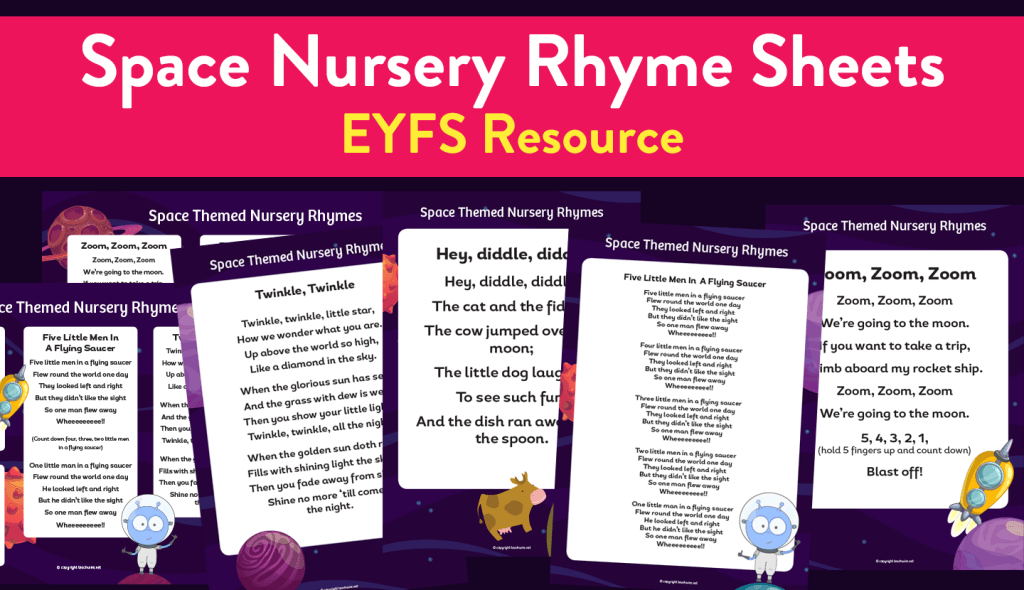
These colourful handouts contain the lyrics for four space-themed nursery rhymes:
- Zoom, Zoom, Zoom
- Five Little Men in a Flying Saucer
- Twinkle, Twinkle
- Hey, Diddle, Diddle
EYFS resources pack
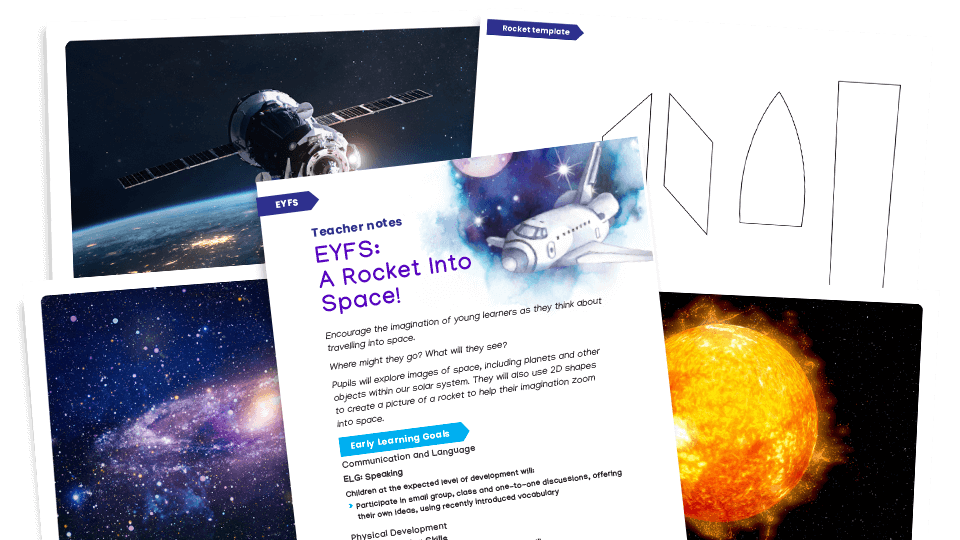
Use this free resources pack from Plazoom to explore images of space, then use 2D shapes to create a picture of a rocket.
Reception space resources
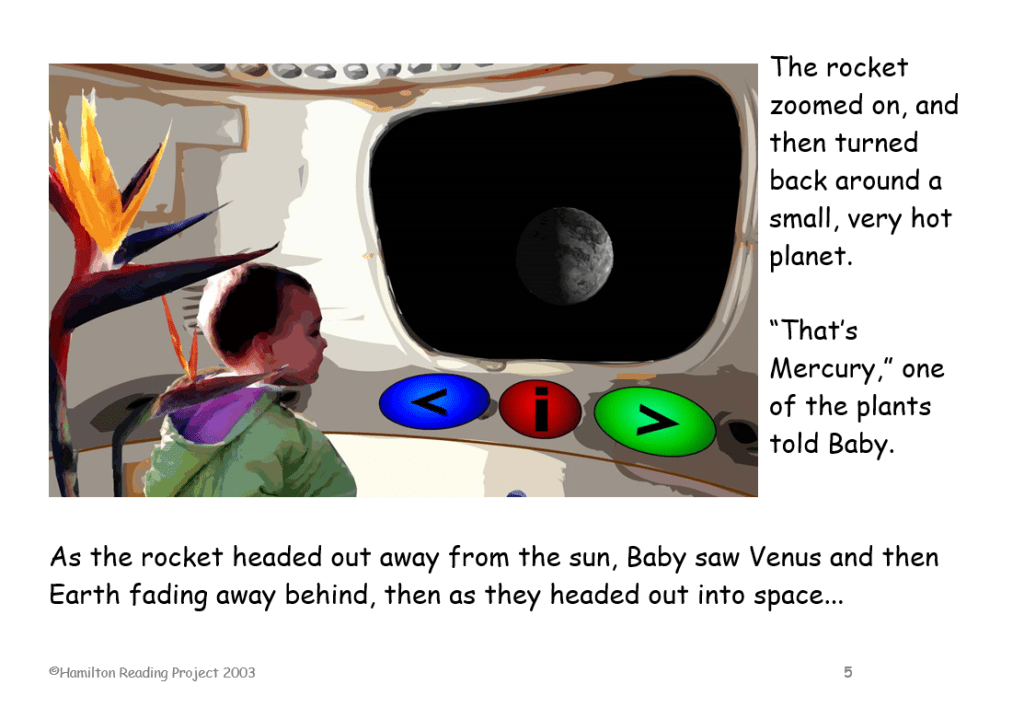
Zoom into space on a rocket and get a better understanding of the world and our place in it with this two-week Reception plan and resource pack from Hamilton Trust. The download contains:
- Space images and fact cards
- Illustrated story
- Teacher notes
KS1 World Space Week ideas
Learn about black astronaut Mae Jemison
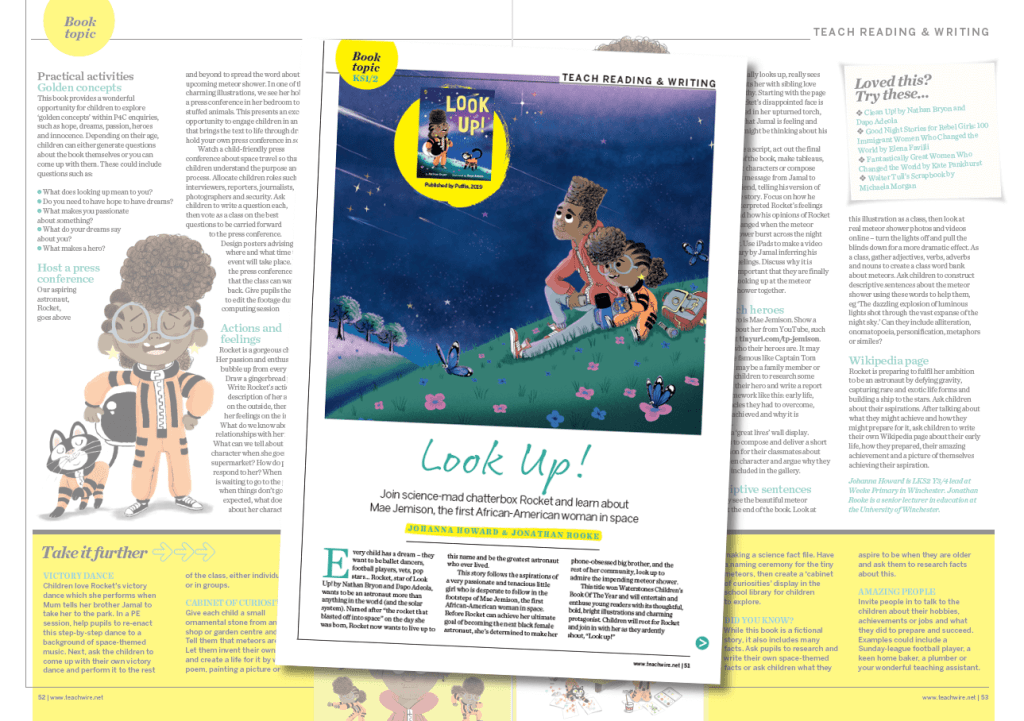
Meet science-mad chatterbox Rocket and learn about Mae Jemison, the first African-American woman in space, with this PDF of activities for primary all about the book Look Up! by Nathan Bryon and Dapo Adeola.
Toys in Space book topic for KS1
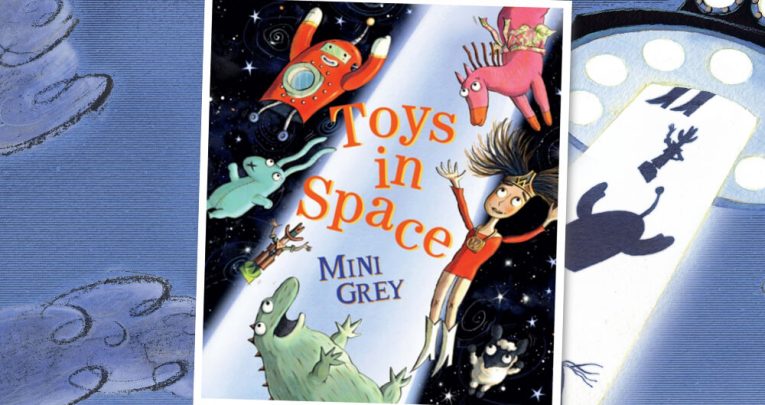
Toys in Space is a gem of a picture book that operates on many different levels to provide an absorbing and emotionally-rich reading experience for KS1 children. Discover lots of activity ideas for using this book in your classroom.
KS2 World Space Week ideas
Solar system lesson pack
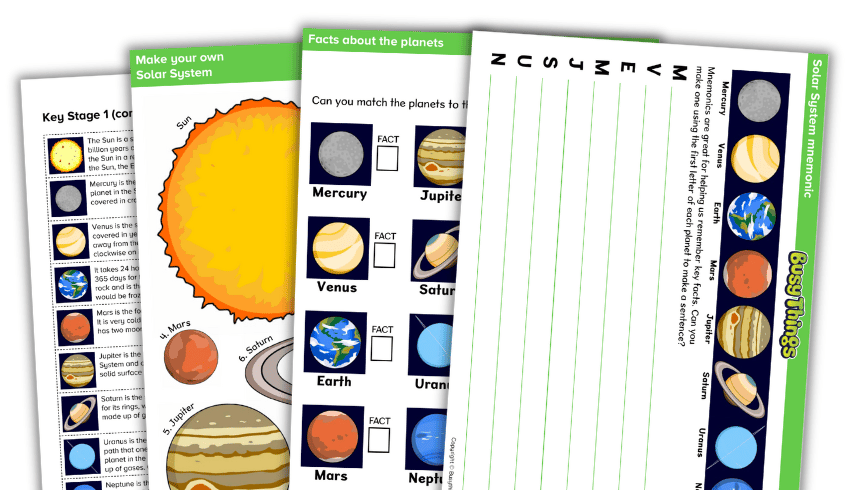
Explore the planets with this free solar system resource pack, suitable for KS1 and KS2. It contains planet lesson plans, fact sheets, a solar system craft activity and more.
Explore the solar system in KS2
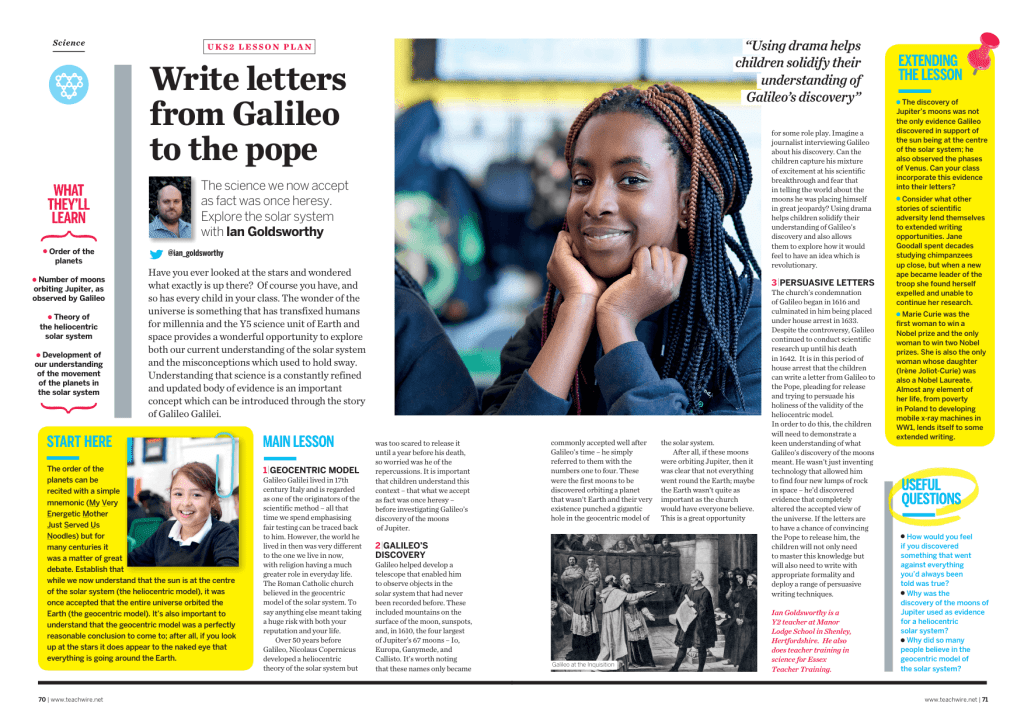
The Y5 science unit of Earth and space provides a great chance to explore both our current understanding of the solar system and the misconceptions which used to hold sway. Use this lesson plan from Ian Goldsworthy to write letters from Galileo to the pope.
Space poems for KS2
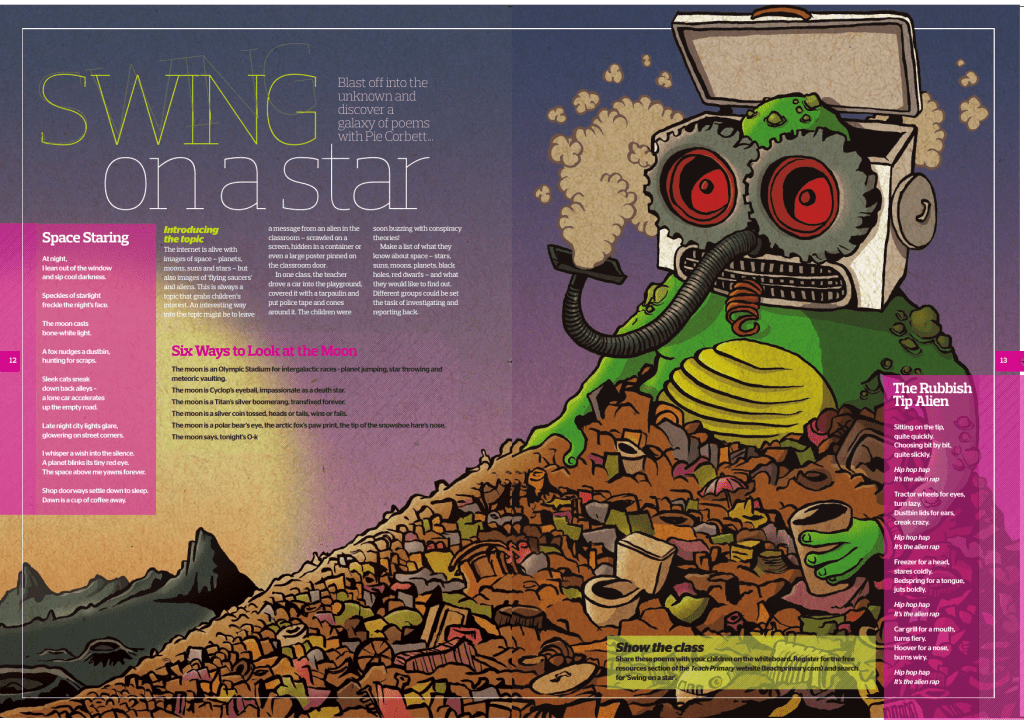
Blast off into space and explore a galaxy of KS2 poems with this space KS2 resource from Pie Corbett. The download contains a number of original space-themed poems, and activity suggestions to try in the classroom.
Solar system PowerPoint
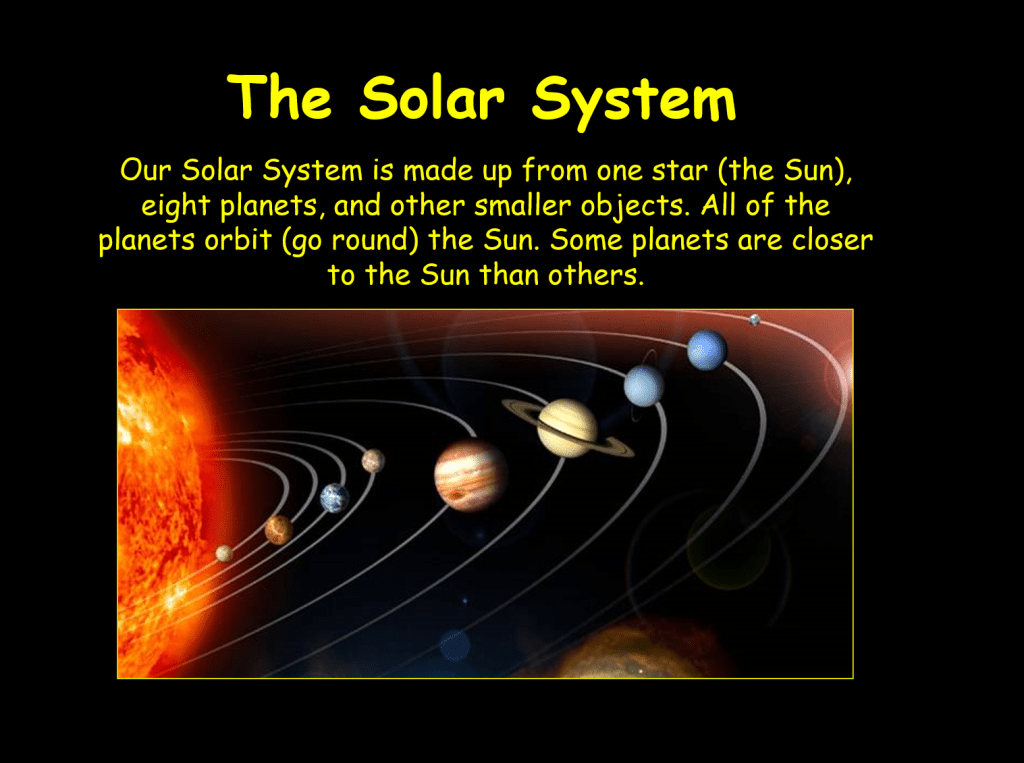
Use this free solar system PowerPoint to look at the planets in our solar system, their size and their order. Pupils will also learn why we have night and day.
Planet match game
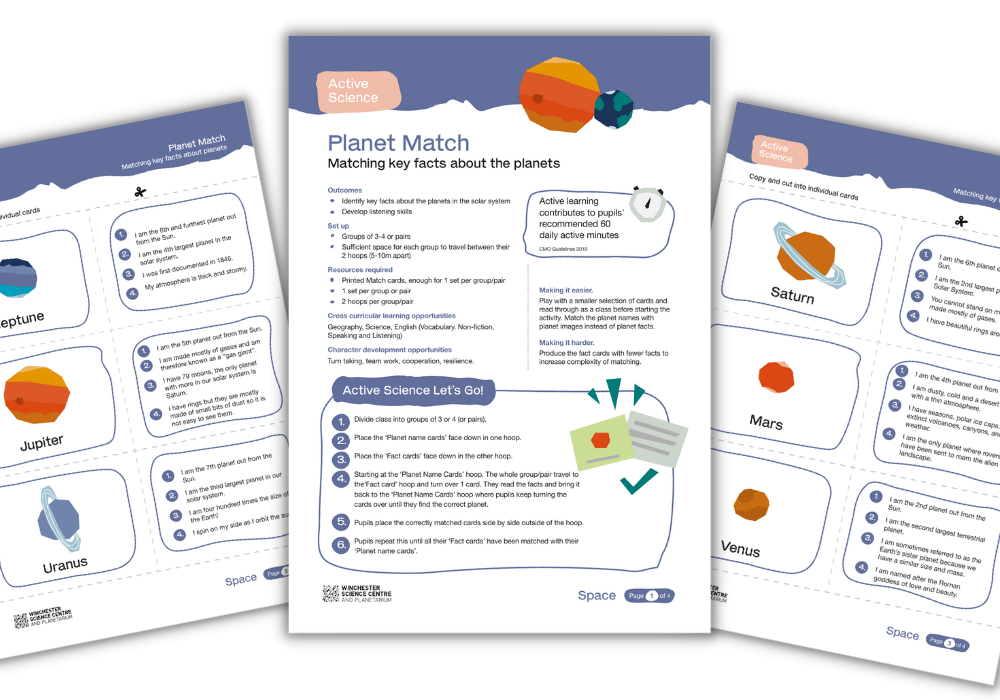
In this planet match game for KS1-KS3 students need to identify key facts about the planets in our solar system. The download contains a four-page PDF containing the activity cards, plus instructions.
Inventions for space workshop
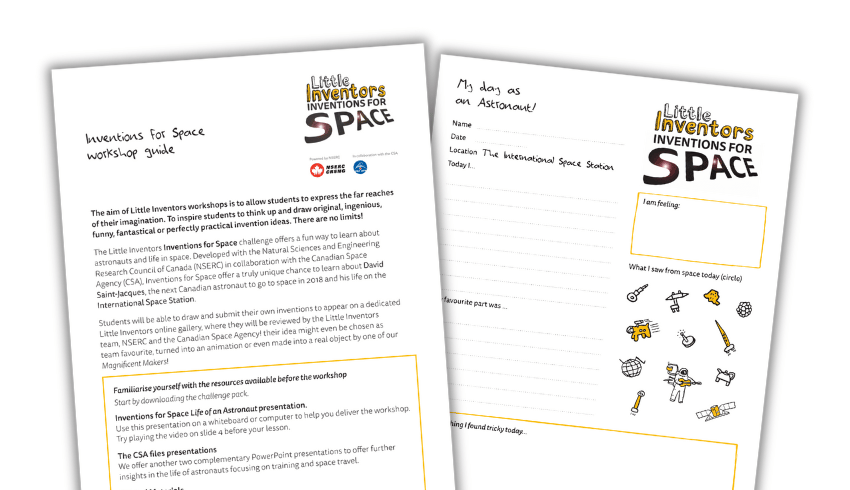
Inspire students to think up and draw original, ingenious, funny, fantastical or perfectly practical invention ideas with this inventions for space workshop pack. The challenge offers a fun way to learn about astronauts and life in space.
Discovery Diaries with Tim Peake
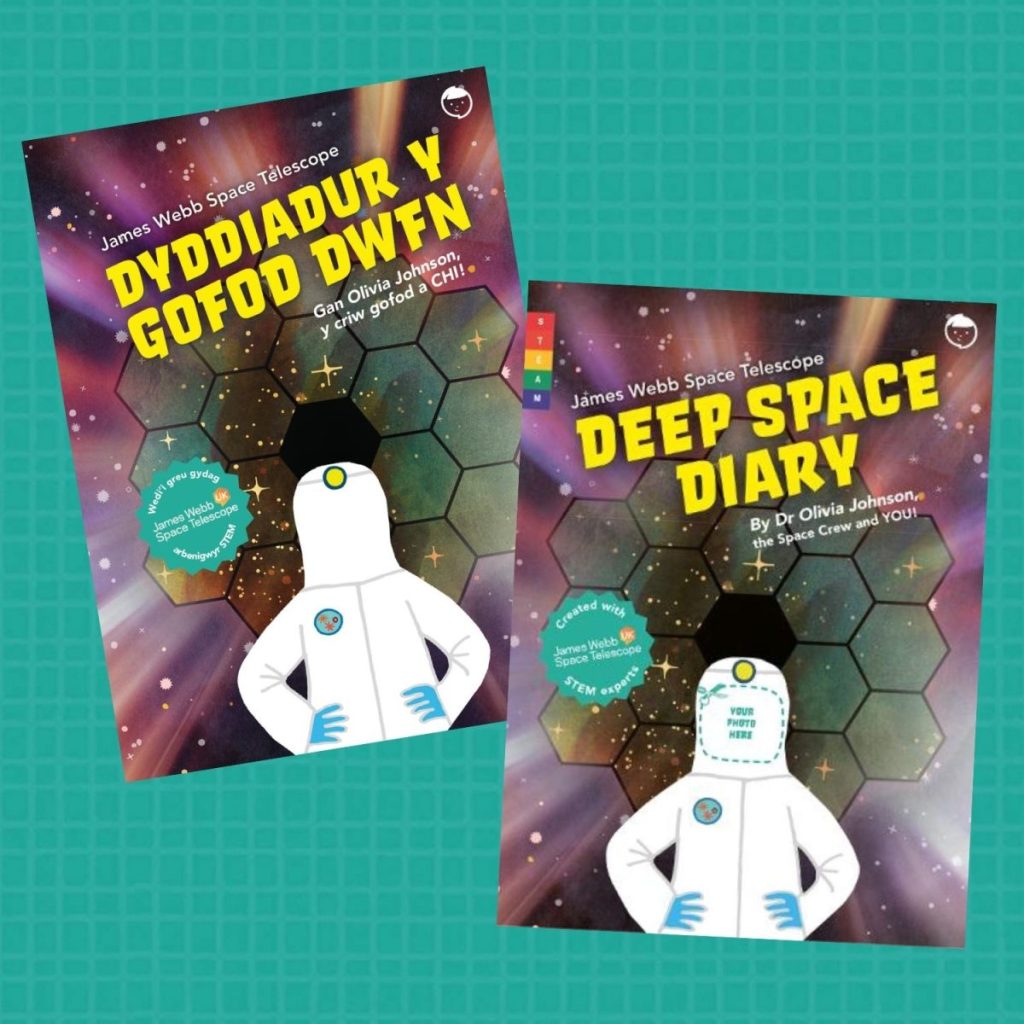
The Discovery Diaries are a STEAM series packed with creative activities that are fully supported by a website containing free cross-curricular science lessons, teaching notes, PowerPoint presentations and videos with real astronauts and space experts.
KS3/4 World Space Week ideas
The science of space travel
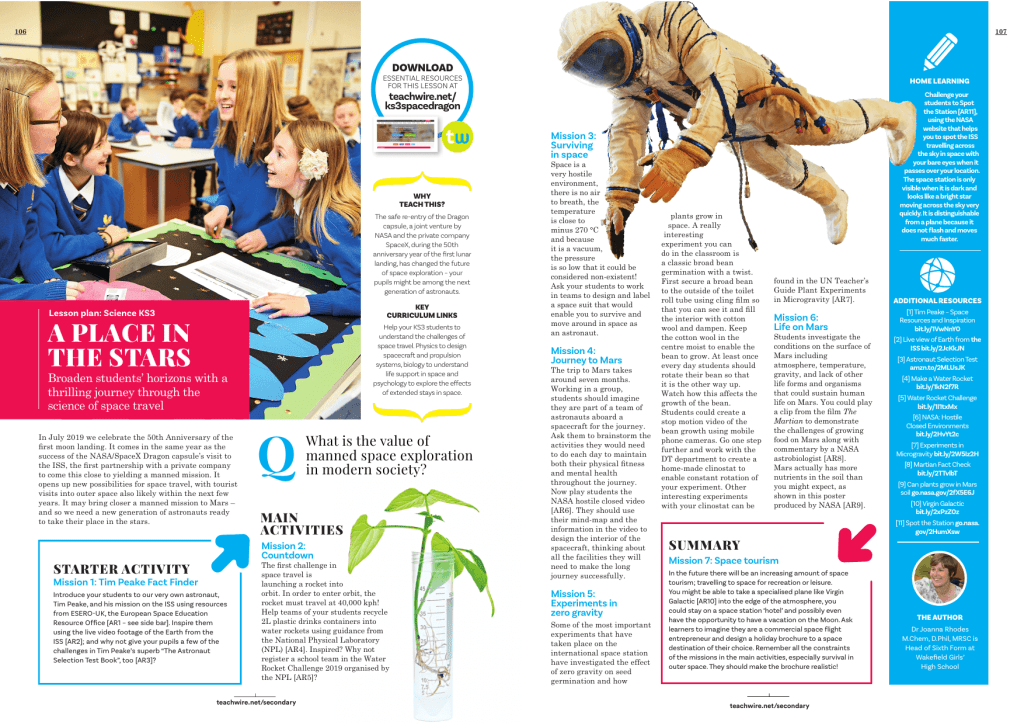
This KS3 lesson by Dr Joanna L Rhodes will help your KS3 students understand the challenges of space travel. You’ll cover:
- designing a spacecraft and propulsion systems (physics)
- understanding life support in space (biology)
- exploring the effects of extended stays in space (psychology)
Location, location, location
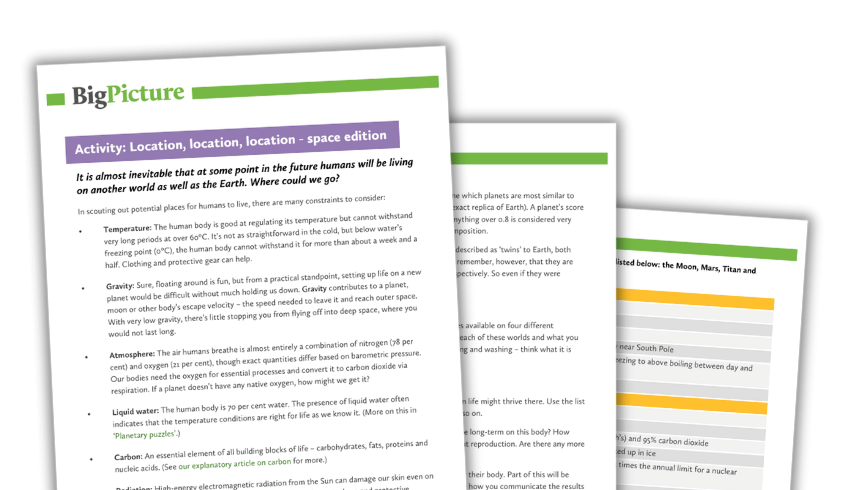
In this KS3/4 lesson, pupils will need to think about the challenges they would face on four separate planets and what they might need to survive.
Working in groups, students will present back to the others, making the case for their planet.
Host a STEM Ambassador
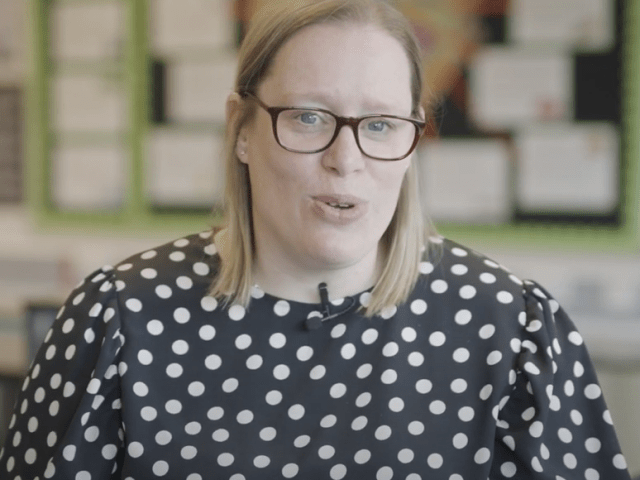
Bring a STEM Ambassador into your classroom to demonstrate the connection between the STEM subjects young people study and the potential careers in space travel and exploration they can progress into.
More World Space Week ideas…
Try these ideas from educational publisher EducationCity…
Cover the science
Any World Space Week wouldn’t be worth its salt if it didn’t cover the essentials that fall within the curriculum for Earth, space and forces. However, those concepts can feel very far removed from everyday life for some students.
Avoid this by sharing information about the expeditions into space that have happened up to now, especially Tim Peake’s mission to the International Space Station a few years ago.
Get hands-on
We all know that seeing how things work for ourselves often helps us understand them better. This is very true for concepts like the phases of the moon and the position of the planets, so make sure you get as hands-on as possible.
Ask pupils to look at the moon over a two-week period and draw what they see, then predict what the next stage will be.
Alternatively, place a light source in the centre of a series of spheres to understand where the areas of light and shade occur, or try and create your own solar system models.
Develop those thoughts
Once your students know the basics, it’s time to get them to apply what they’ve learnt. It’s great if they can put themselves into the place of the astronaut, so that they consider how the absence of gravity would affect their day-to-day being and make even the simplest of tasks into something exceptionally complex.
Trending
Take making a sandwich, for example. How does this differ for us on Earth and an astronaut in space?
Similarly, ask your students to put themselves in the shoes of a space shuttle design engineer, so that they can think through which additional features would need to be considered if they were to create the next generation shuttle to take astronauts to Mars.
What would it look like? What would they construct it from? How big would it be?
Get creative
We teach children about space from the very moment we start sharing stories with them. This love of far-flung galaxies continues right through to adulthood when we enjoy intergalactic adventures like Doctor Who and Star Wars.
It’s fertile ground for creative writing, where everything really is possible and there are no rules, and it should be embraced.
It presents a great opportunity for you to assess for learning too, as even the youngest child can put pencil to paper to create their own jelly-bodied alien with eyes on stalks. Older students can develop the concepts further by creating their own narrative or maybe even a piece of script work for an impending asteroid collision.
Educational publisher EducationCity has created free space resources, including stand-alone fact sheets, lesson plans and activity sheets. The ideas in this article come from its World Space Week pack.
How I set up Bolton’s first-ever space week
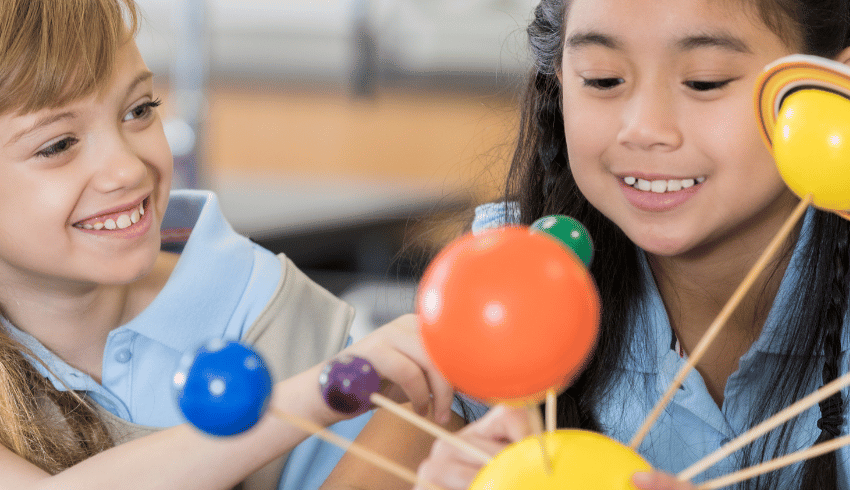
Whenever I’m given a challenge, I try to rise to meet it. In 2021, the challenge was becoming STEM lead at St Bede Primary Academy in Bolton.
Leading science is something that primary teachers can find daunting because in a lot of cases, it’s not our subject specialism. But instead of worrying about it alone, I decided to reach out to my fellow science leads.
I wanted to begin a culture of sharing and supporting our pupils’ science journey across Bolton.
My research into primary science didn’t stop at the teachers. I also asked my pupils what they wanted from their lessons and how we could help them reach their dream goals.
The school is in a challenging area, and our children need and deserve a curriculum that is as engaging and inspiring as possible.
We knew we needed practical activities, inquiry-based learning and resources to support the five lines of scientific enquiry.
I decided to build a space curriculum that we could share across primary schools in Bolton. As busy teachers, if we don’t share then we all end up building resources from scratch.
The process was incredibly exciting and I received such positive feedback from colleagues in other schools that I decided that we would create Bolton’s first ever ‘space week’ to launch the new curriculum.
Space bundles
My first step was to pitch a space week for EYFS to Y6 children to the Institute of Engineering and Technology. I was absolutely thrilled when we won a £15,000 grant.
This meant we could create a ‘space bundle’ for every school taking part, containing lights, planetariums, drones, and kits to make space suits and moon buggies.
In a previous teaching role in Washington DC, I was lucky enough to be introduced to a NASA astronaut, who agreed to talk to the Bolton children live and answer all their questions about what it’s really like to go to space.
For these children, having the chance to interview a real astronaut was extraordinary and a great way to experience science first-hand and bring their learning to life.
As part of the St Bede Teaching School we also created a ‘science centre’ where teachers can access free online CPD and workshops. We share what’s really working in our lessons, such as resources from Learning by Questions which have been a revolution for our children.
I’ve never done so much presenting and have enjoyed learning from and sharing with so many educators in the UK.
Working together
One of the best things about creating Bolton’s first space week and our science centre is that it has inspired other teachers to share their knowledge and resources.
My colleagues have been inspired to set up truly remarkable initiatives, including a maths centre to engage and support SCITT students and teachers with maths mastery, and an outdoor learning centre to improve children’s wellbeing through utilising nature in education.
By working together, science leaders and teachers no longer feel on their own. By opening our classroom doors, we can all join in the conversation and be part of a cluster of teachers supporting each other and providing the spark to ignite pupils’ enthusiasm for learning in science.
Kate Penarski has been a primary teacher and leader for over a decade and was awarded Enthuse Primary STEM Teacher of the Year in 2020. She is also an ambassador for Learning by Questions. Follow Kate on Twitter at @kpenarski.







